国际学生入学条件
Students need to have a.English and Mathematics (GCSE grade C or qualification that is equivalent in breadth and depth to a GCSE, eg. Irish Leaving Certificate Higher Level Grade H6 or above or Ordinary Level O4 or above. (Please note Essential Skills Level 2 qualifications are not regarded as equivalent for entry to this course). Students wishing to take Religious Education (RE) as an optional level 6 module must have a GCSE grade C or above in RE. b. At least a 2:2 Honours degree (or above) in physical education, sports science or sports studies (or another sports related degree that is at least 50% vocationally relevant to physical education). In the case of a combined Honours degree at least 50% shall be in the specialist subject.
展开
IDP—雅思考试联合主办方

雅思考试总分
6.0
- 雅思总分:6
- 托福网考总分:80
- 托福笔试总分:550
- 其他语言考试:PTE Academic - 55 (with min. of 51 in each part)
CRICOS代码:
申请截止日期: 请与IDP联系 以获取详细信息。
课程简介
The overall aim of our PGCE programme at Ulster is to support this aim and to foster the development of pedagogical competences in the following three areas: - Professional Values and Practice; Professional Knowledge and Understanding and Professional Skills and Application. To achieve these aims the PGCE post-primary programme at Ulster University prepares student teachers to be competent in the following: - the ability to plan, teach and assess worthwhile learning activities in their subject area(s) in post-primary schools in Northern Ireland for the 11-18 age group; - the acquisition of the knowledge, understanding and skills that are essential for the promotion of learning among pupils; - to assume responsibility for developing as competent reflective practitioners, able to monitor and evaluate their teaching performance; - to realise a commitment to on-going personal and professional development in pursuit of sustained pupil learning and school improvement. Student teachers on the PGCE will evidence their competence through achieving the following objectives: - by demonstrating a critical understanding of the Northern Ireland Curriculum and of National Curriculum requirements; -by demonstrating a knowledge of their subject and its contribution to the area of study and to the “Big Picture” of the curriculum at Key Stages 3 & 4 with its objectives of: a) developing the young person as an individual; b) developing the young person as a contributor to society and c) developing the young person as a contributor to the economy and the environment. The successful completion of the PGCE also requires the student to: recognise and take account of those factors which influence curriculum planning in a particular school context; understand how children learn and appreciate the social, moral, psychological and cultural factors which affect educational attainment; plan, teach and evaluate lessons, units and schemes of work organise and manage classes effectively; use a range of teaching and learning methodologies supported by resources for pupils of all ability levels, including those with special educational needs; recognise the need for continuity, progression and differentiation in pupils' learning; assessment for learning and assessment of learning; assessing, recording and reporting pupil achievement; develop pupils' language and numeracy skills through the teaching of their subject; promote skills of problem solving, decision making, presentation, teamwork, leadership and independent learning; develop pupils' personal and interpersonal skills; promote fairness and equality of opportunity; build and sustain good relationships with both pupils and staff; work co-operatively with colleagues and other student teachers and contribute to school wide activities; develop skills and confidence in Information Communications Technology (ICT) and emerging technologies for both personal and professional use.
展开







 预科
预科 奖学金
奖学金 实习机会
实习机会 在校学习
在校学习 跨境学习
跨境学习 校园授课-线上开始
校园授课-线上开始 在线/远程学习
在线/远程学习

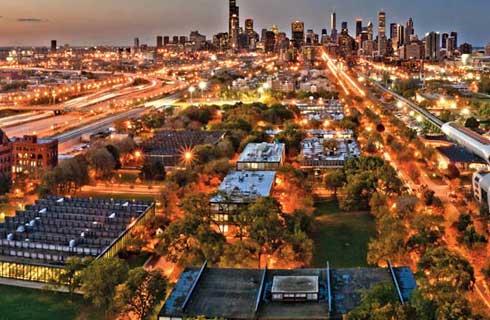



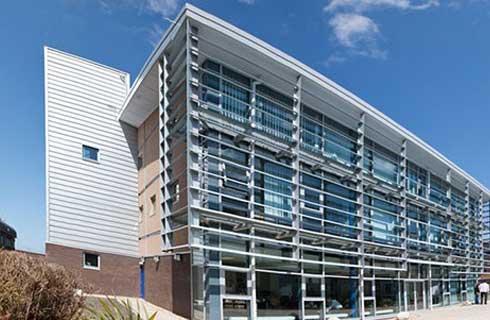



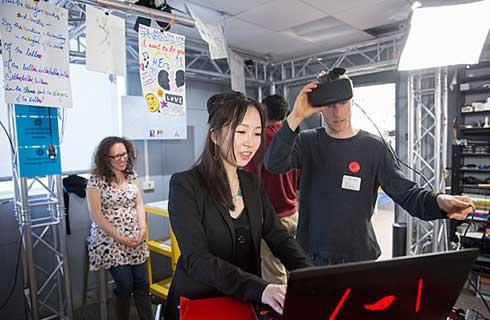

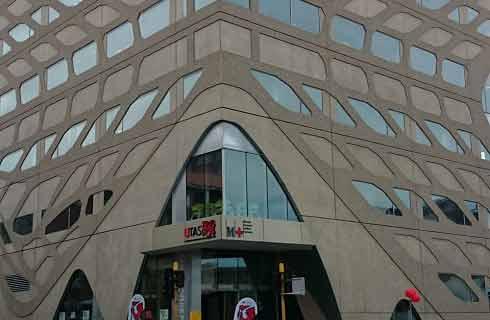


 西澳大学
西澳大学
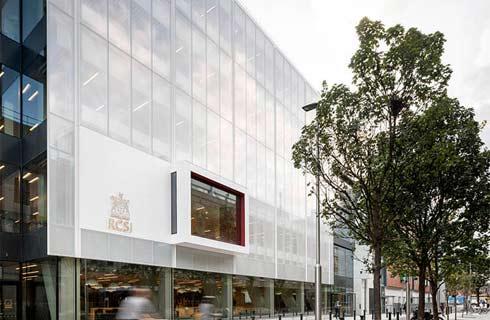
 堪培拉大学
堪培拉大学

 堪培拉大学
堪培拉大学
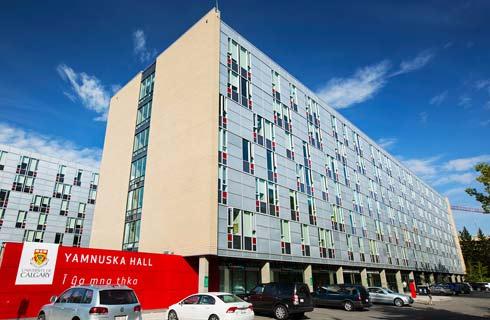
 伍伦贡大学
伍伦贡大学

 伍伦贡大学
伍伦贡大学
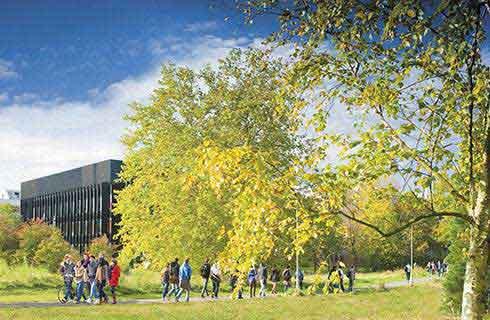
 迪肯大学
迪肯大学









 英国
英国